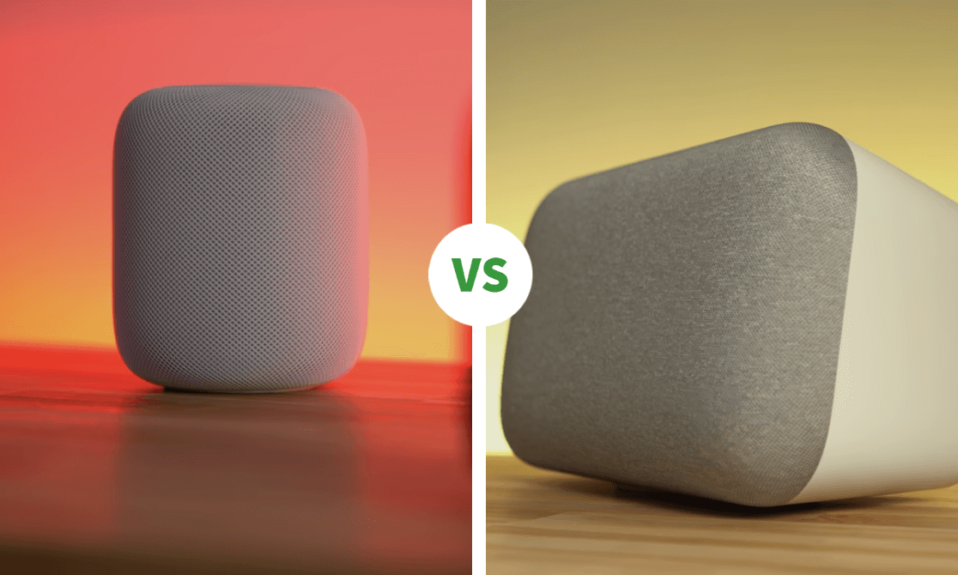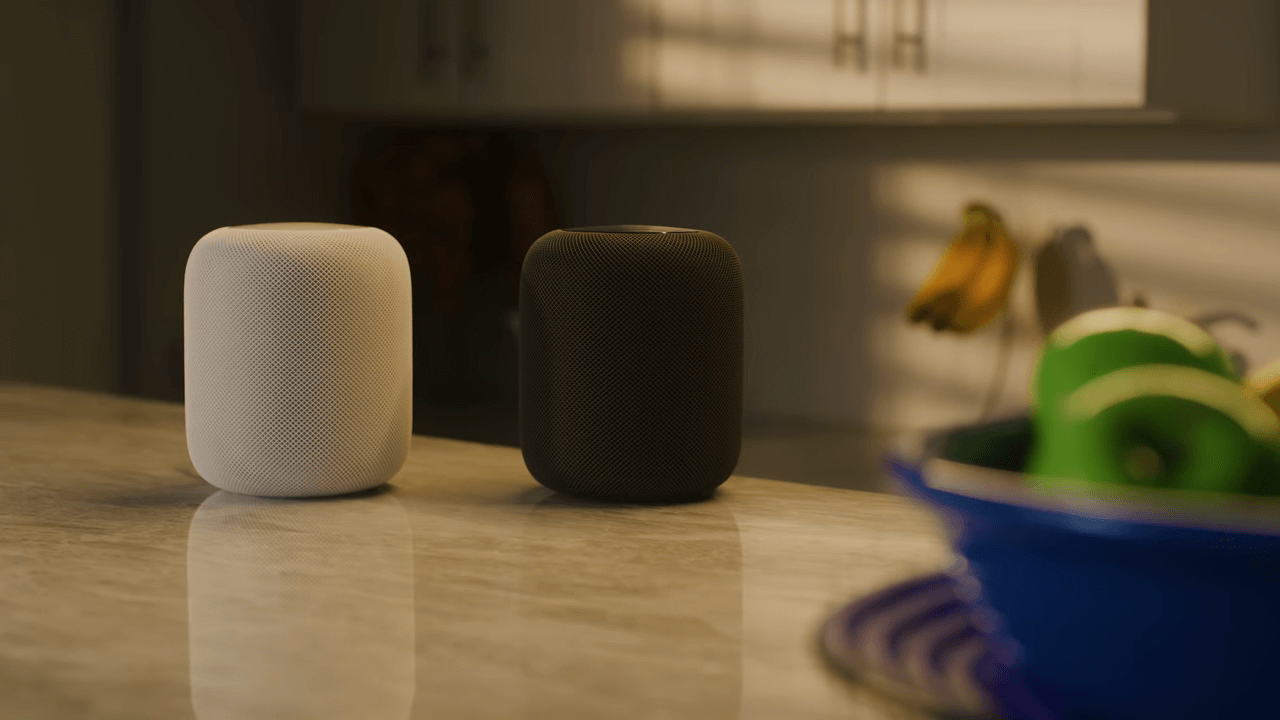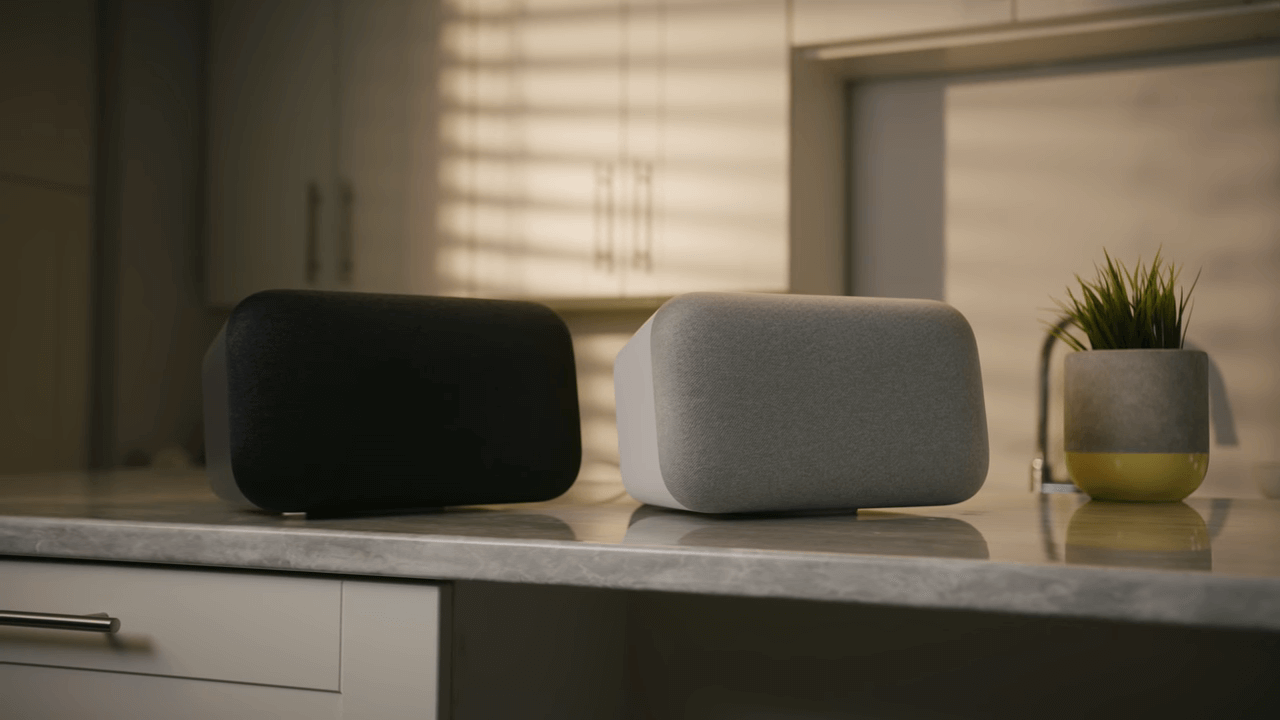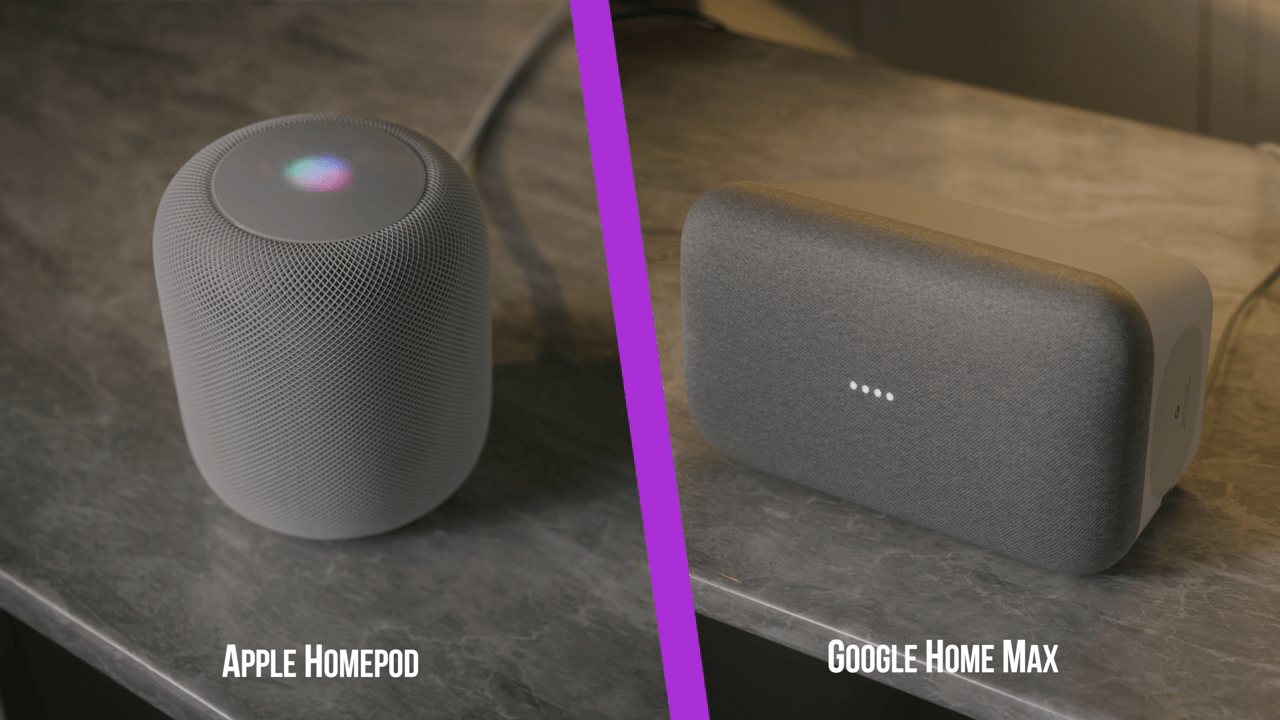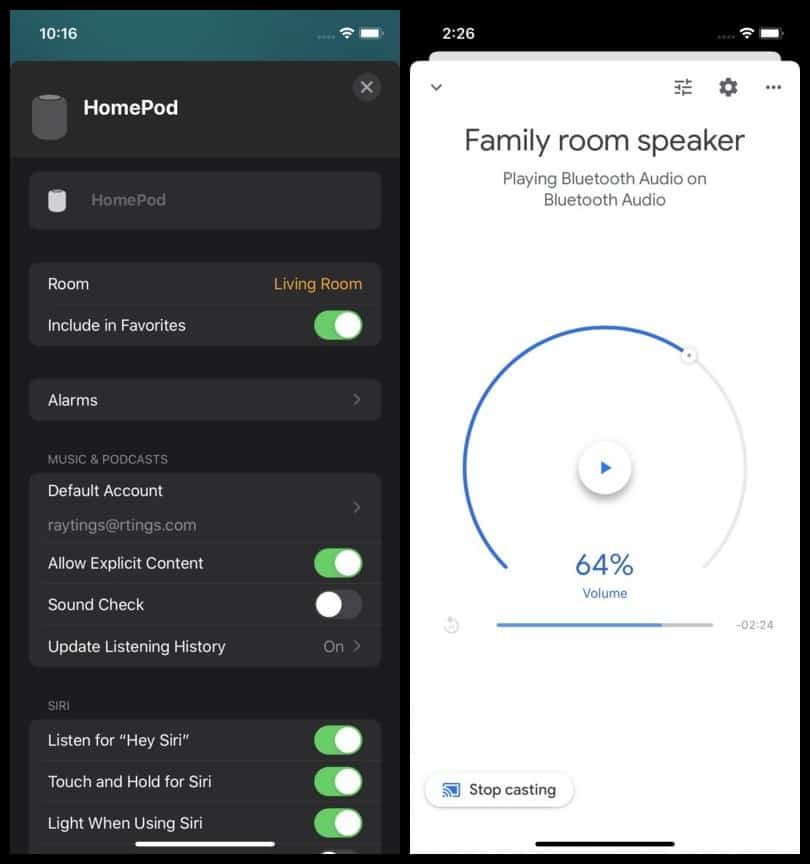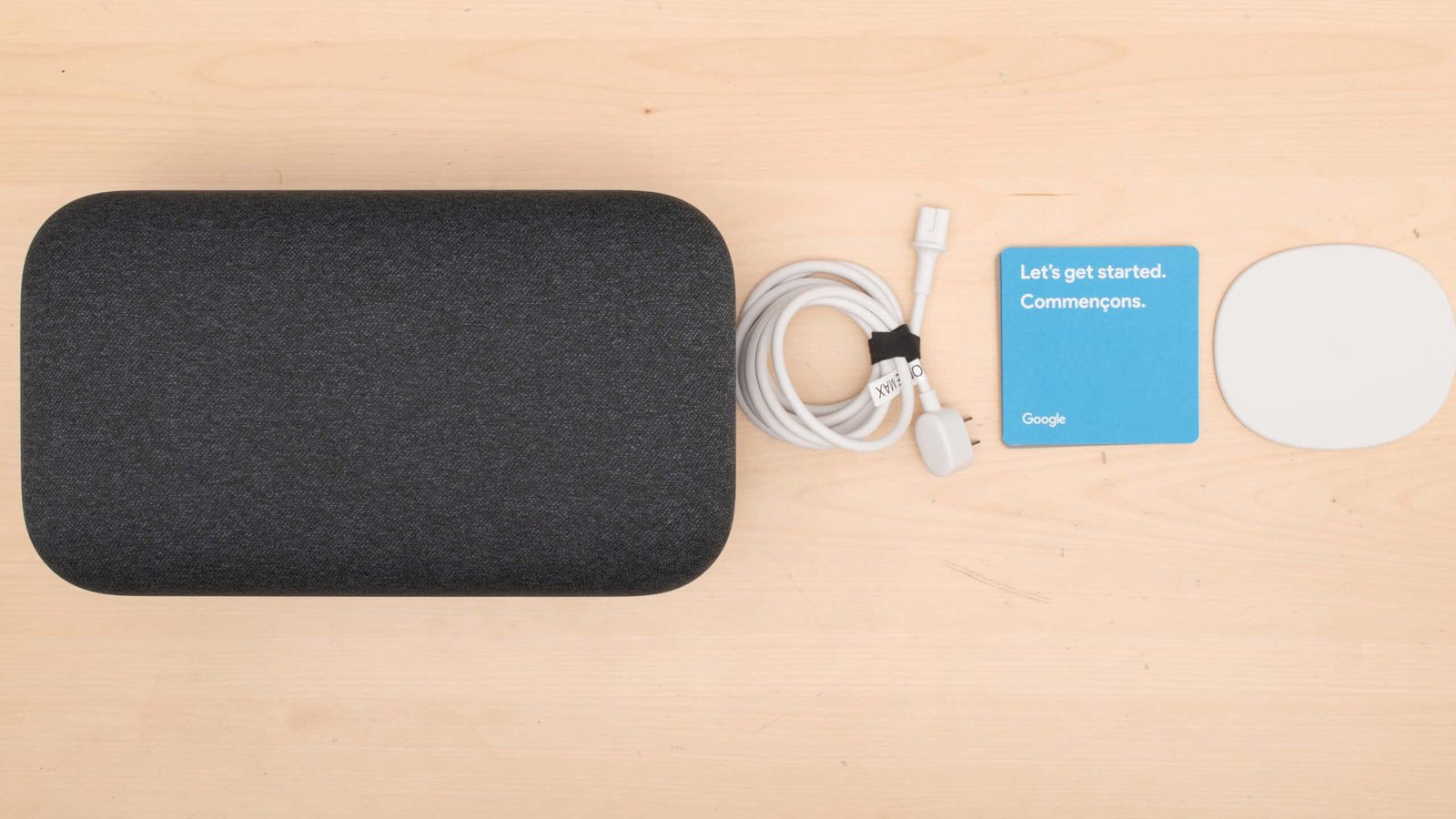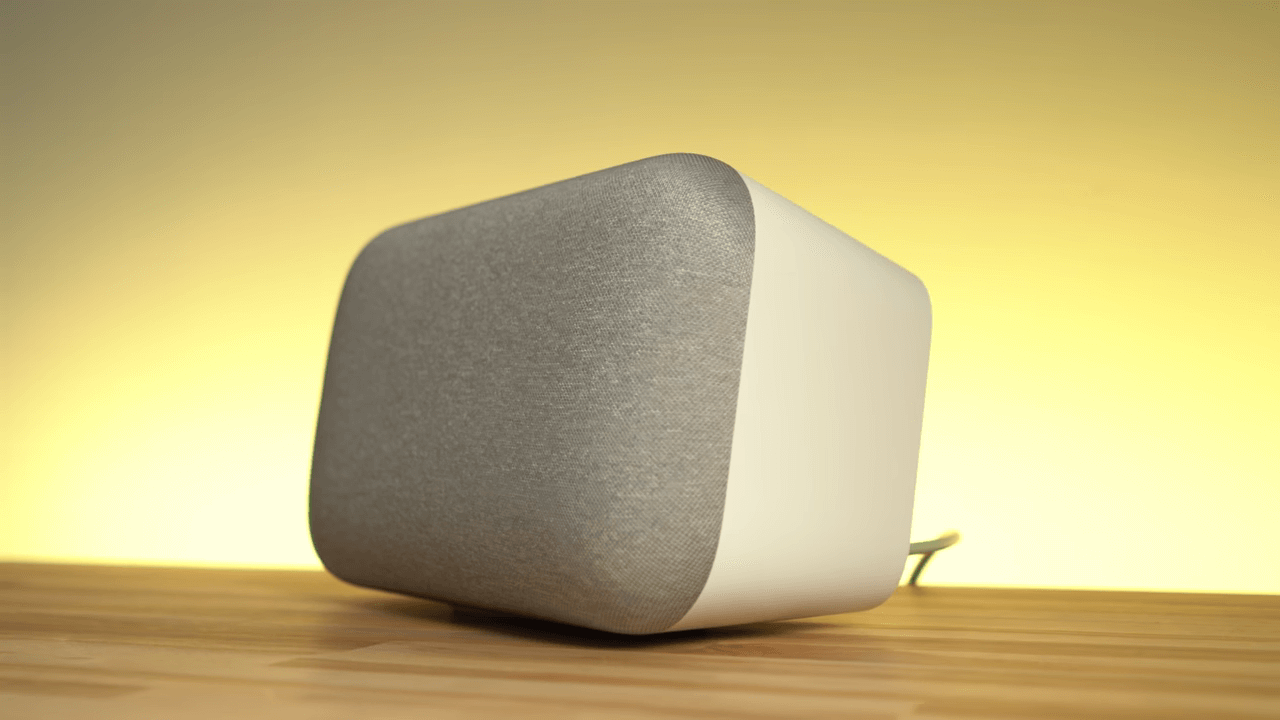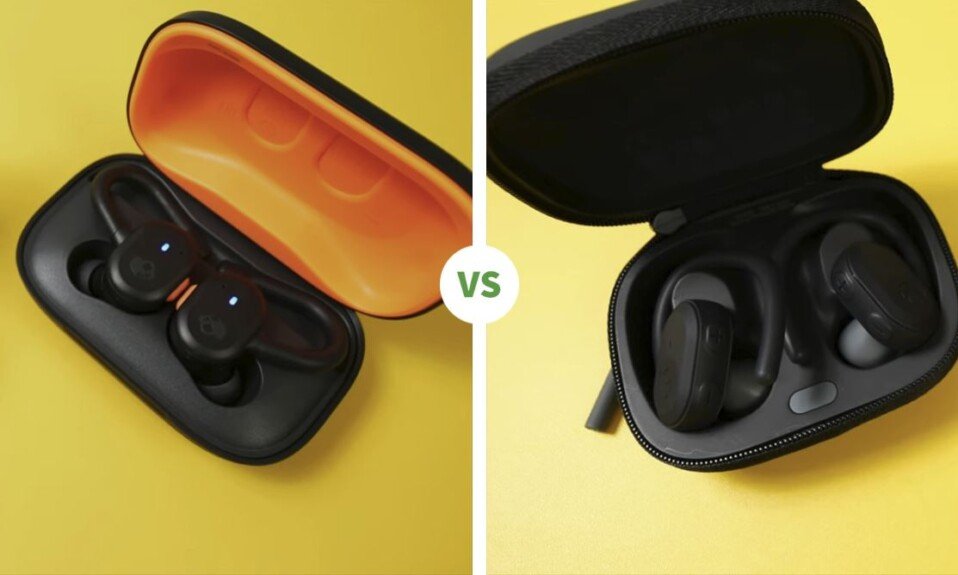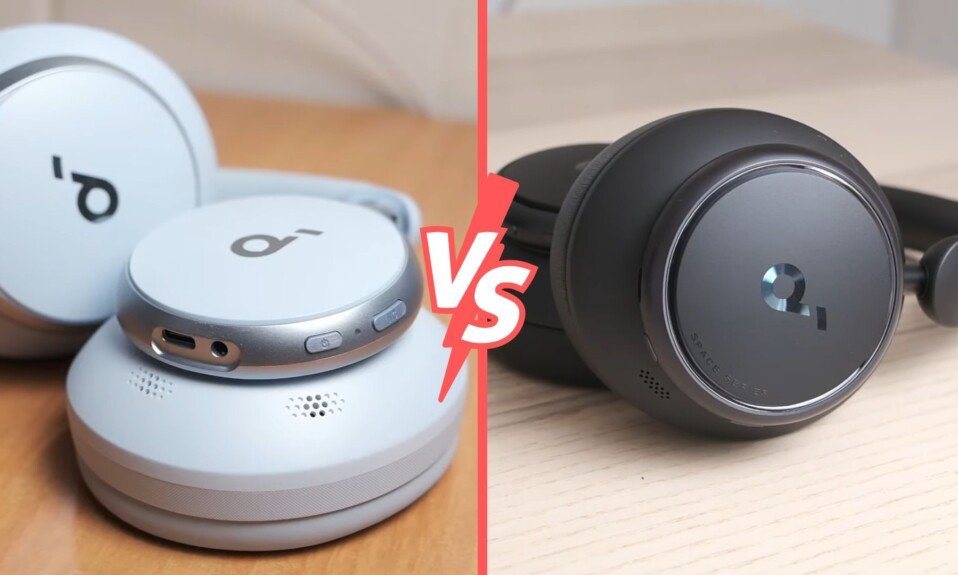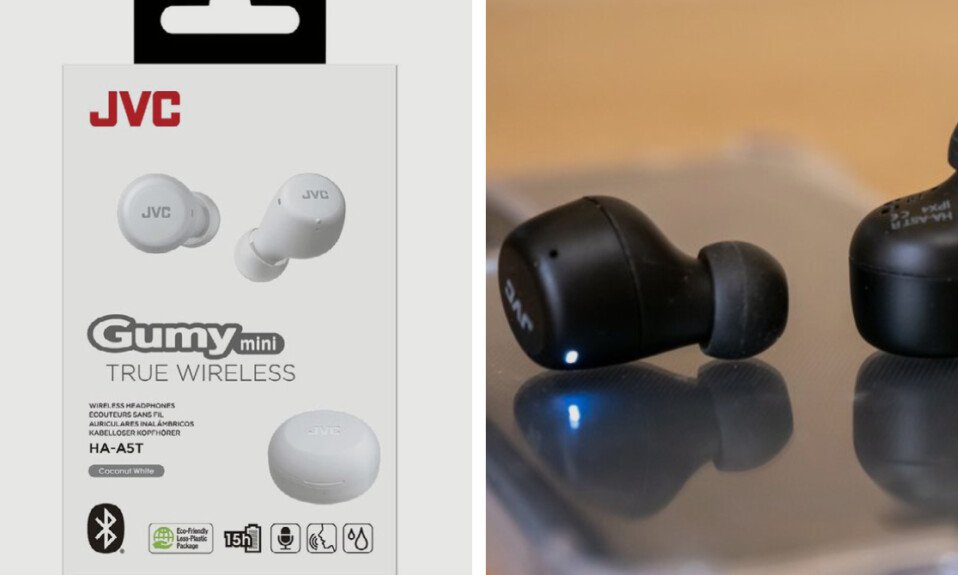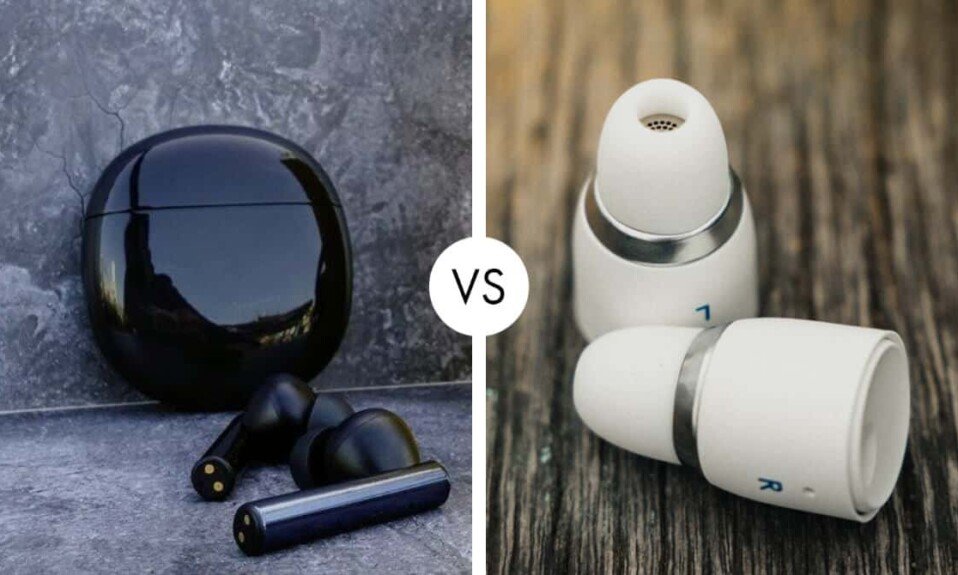The intelligent speakers are ideal for listening to music accessories, increase our productivity and always have on hand a close our virtual assistant when we are in our home. Whether it is Google, Apple, Amazon, or another company, all these accessories have interesting functions that we will mention.
Apple set itself the goal of creating a speaker that did indeed sound great and was simple to use, configure, and integrate with the company’s other products, and the HomePod speaker achieves all of that with great success. On the other hand, the Google Home Max benefits from Google Assistant’s artificial intelligence to take the lead in this regard and make it seamlessly integrate into almost any smart home setup.
Apple’s HomePod smart speaker is compact and delivers impressive sound quality. The microphones have great sensitivity, even when used at maximum volume, although the HomePod is limited to using Apple’s HomeKit and direct streaming via Apple Music.
Offering various smart home features, great sound, and the built-in Google Assistant, the Google Home Max smart speaker has high potential. However, you may find it difficult to configure multi-room audio and a larger design, something that takes away a bit of elegance to the accessory.
Pros and Cons
| HomePod | Home Max |
| Amazing sound quality | Includes smart controls and Google Assistant |
| Very compact design | Various streaming services |
| It is very easy to configure | AUX port for cable connection |
| Only works with HomeKit and Apple Music | The multi-room audio complicated to set up |
| It’s big and heavy |
Both the Google Home Max and the HomePod deliver many smart features and benefits, but they also require a significant budget to purchase. In addition to the question of price, the two speakers take slightly different perspectives on what a smart speaker has to offer and for this reason, the final products differ in some relevant details.
The excellent sound quality of the Apple speaker and the ability to play various audio file formats will make music fans very satisfied. Along with this, the compact design that Apple decided to give its smart speaker stands out, so it can be easily placed and adapted to different decorations in the house.
Technical Specification
| HomePod | Home Max | |
| Weight | 2.50 KG | 5.30 KG |
| Height | 6.8 Inch | 7.5 Inch |
| Virtual assistant | Siri | Google Assistance |
| Audio Formats | AAC, AIFF, Apple Lossless, MP3, WAV, FLAC, HE-ACC | OPUS, Vorbis, WAV, FLAC, HE-AAC, LC-AAC+, MP3 |
| Bluetooth | 5.0 | 4.2 |
| Streaming services | Apple Music | Google Play Music, Pandora, Spotify, TuneIn, YouTube Music, iHeartRadio |
| Multi-room audio | Yes | Yes |
| AUX port | No | Yes |
Whether you choose to buy the Google Home Max or the HomePod, with both you will get a powerful smart speaker that will flood your home with music and make your day-to-day easier thanks to its integrated assistants. It’s certainly about what you want from a smart speaker and the music services you already know and use.
Surely, because you already know the philosophy of Apple products, you will not be bothered by its idea of exclusivity and its closed ecosystem, nor will it affect you that you can only stream music through Apple Music and that HomePod will only appear in HomeKit. It is essential to clarify that the HomePod also has a sound quality much higher than that of the Google speaker. In which case, if you’re obsessed with sound quality, the HomePod smart speaker is the one for you.
Of course, the HomePod can’t keep up with the versatile footprint that the Google Home Max offers. You will be able to enjoy streaming music with more services and devices than the Apple speaker, plus Google Assistant (for a while now) can do more for you than Siri, especially if you already have some smart home products enabled. by Google, like Nest or Belkin. Although the sound is great, it falls short of the HomePod.
Both products are very smart speakers that offer various functions. Regardless, the HomePod gains in sound, while the Home Max allows you to use more streaming services and devices. It is just a matter of taste.
What is a smart speaker?
This means that a smart speaker can serve as a central source of information (weather, dictionary, traffic, directions, etc.), as well as serve as a ‘home assistant’ that can provide control of common household tasks, such as controlling the home. environment (thermostat), lighting, door locks, window blinds, security monitoring, and much more.
Smart Speaker Key Features
Although there are no official industry standards on what qualifies a product as a smart speaker, the label applies to standalone audio devices that incorporate the following basic features.
Compact size
Until today, a smart speaker has needed to be compact, to be able to be placed anywhere in the house. The small size allows you to place the speaker almost anywhere (on a nightstand, on a kitchen counter, on a shelf, etc.).
We expect smart speakers to be offered in a variety of sizes small and large as they gain acceptance from consumers.
Playing music
Smart speakers can play music like any other speaker, but they are not designed in exactly the same way. Unlike speakers that connect to a stereo or home theatre A / V receiver, these are powered speakers.
In addition, you can place multiple smart speakers of the same brand in the house so that the music you are playing in one of them can also be played in other locations simultaneously, similar to how wireless audio systems dedicated to multiple rooms work, such as MusicCast, Sonos, Play-Fi, HEOS and others.
Internet
A smart speaker can connect to the internet through your home Wi-Fi network. Initial setup may require the use of a smartphone or PC, which downloads a specific app that guides you through the setup process.
Music streaming
As a result of network/internet connectivity, smart speakers have the ability to stream music from specific online sources compatible with the specific make/model.
Bluetooth (optional)
In addition to internet connectivity, a smart speaker can also provide Bluetooth support. This allows you to stream music directly from compatible smartphones and tablets (without depending on the Wi-Fi network).
As noted, Bluetooth support on smart speakers is optional but is included with the Google Home and Amazon Echo. In fact, you can stream the music played on the Amazon Echo to additional external Bluetooth speakers.
Voice control
A smart speaker has one (or more) built-in microphones, which allow you to say commands that the speaker will follow (based on its functionality). Thus, thanks to its internet connection, you can obtain the current temperature, the weather forecast, increase the volume, etc.
Virtual home assistant
In addition to voice recognition and control, a smart speaker can also function as a virtual home assistant. Possible home assistant functions may include access to local radio stations, television, thermostat and lighting control, dictation of messages, audiobook playback, language translation, shopping (including ordering takeout and delivery) and hands-free phone calls.
Please note, however, that these additional features are provided at the manufacturer’s discretion and that no more can be incorporated. Some features may require firmware updates or integration with external devices that may require an additional purchase (such as a smart plug that would connect to lights in the house).
Additionally, Google Home and Amazon Echo will work with some third-party control devices, while Apple HomePod will only work with accessory control devices that are compatible with the Apple Home Kit. When purchasing a smart speaker, make sure it will be able to perform the tasks that want, and if necessary buy additional peripheral devices for some functions to work.
Why you might want a smart speaker
In today’s world, there are some good reasons to buy a smart speaker.
Listen to music flexibly
Replace the clock/alarm radio and compact stereo, and stop draining your smartphone battery when you are at home to stream music to a Bluetooth speaker or home audio equipment. Just listen to the smart speaker.
Convenience
You can easily place a smart speaker anywhere in the house. Plus, all you need is your voice to operate it – you don’t have to search for remote control or smartphone. Plus, you don’t have to pick up the newspaper, jump to your PC, or grab your smartphone or tablet to get the latest news, weather, sports scores, or other information that may be important to you.
Interaction with other devices
Depending on the make/model of the smart speaker, it can provide control integration possibilities with other devices in the house that can be controlled by simple voice commands.
Also, using a smart speaker for home control activities, while not as comprehensive as a custom-installed system, is definitely less expensive.
Sound quality
Some of the newer smart speakers (like the Apple HomePod) are going to start competing with many traditional compact music systems, and other types of home speakers in terms of audio reproduction quality.
The availability of smart speakers adds another dimension to both entertainment and home control. The combination of the ability to listen to music with the ability to perform other personal and household tasks definitely changes the way we assess the need for traditional alarm clock radios and compact mini audio systems.
It’s up to you if you decide to take the leap, but just as it’s hard to find a non-smart TV, the smart speaker could end up taking traditional compact music systems off store shelves.
